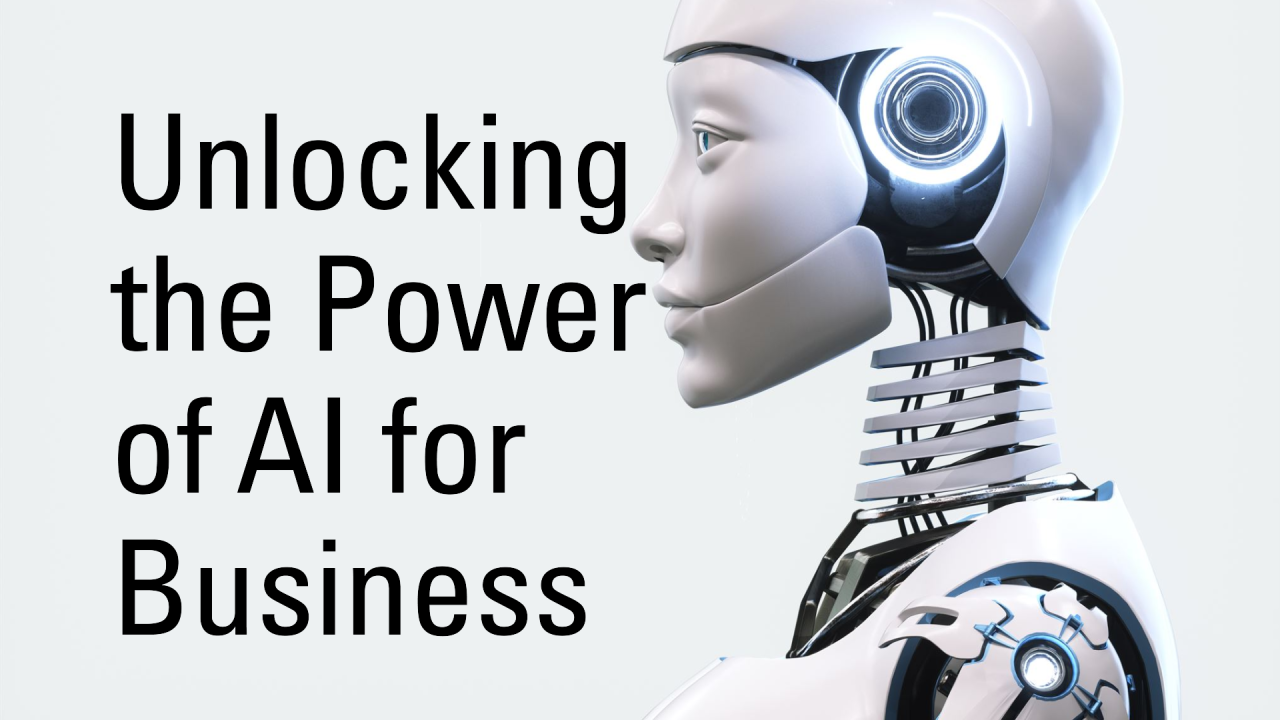In an era marked by digital transformation and rapid technological advancements, cloud computing has emerged as a cornerstone of modern business operations. From startups to multinational corporations, businesses of all sizes and industries are leveraging the power of the cloud to streamline processes, reduce costs, and stay competitive in a dynamic marketplace. In this comprehensive guide, we'll delve into the fundamentals of cloud computing, its key benefits for businesses, and practical tips for successful adoption.
1. Introduction to Cloud Computing: Cloud computing refers to the delivery of computing services—such as storage, processing power, and software—over the internet, on a pay-as-you-go basis. Instead of owning and maintaining physical hardware and infrastructure, businesses can access computing resources from cloud service providers, enabling greater flexibility, scalability, and cost-efficiency.
2. Benefits of Cloud Computing: Cloud computing offers numerous benefits for modern businesses, including:
- Scalability: Businesses can easily scale their computing resources up or down based on demand, allowing for greater flexibility and cost savings.
- Cost-Efficiency: By eliminating the need for upfront investments in hardware and infrastructure, cloud computing helps businesses reduce IT costs and optimize resource utilization.
- Accessibility: Cloud-based services can be accessed from anywhere with an internet connection, enabling remote work and collaboration.
- Innovation: Cloud computing fosters innovation by providing access to cutting-edge technologies such as artificial intelligence, machine learning, and big data analytics.
- Security: Cloud service providers employ robust security measures to protect data, applications, and infrastructure from cyber threats, offering businesses peace of mind.
3. Types of Cloud Computing Services: There are three primary types of cloud computing services:
- Infrastructure as a Service (IaaS): Provides virtualized computing resources such as virtual machines, storage, and networking infrastructure.
- Platform as a Service (PaaS): Offers a platform for developing, deploying, and managing applications without the complexity of infrastructure management.
- Software as a Service (SaaS): Delivers software applications over the internet on a subscription basis, eliminating the need for on-premises installation and maintenance.
4. Cloud Deployment Models: Cloud computing can be deployed in various ways, including:
- Public Cloud: Services are provided by third-party cloud service providers and accessed over the internet by multiple customers.
- Private Cloud: Infrastructure is dedicated to a single organization and can be hosted on-premises or by a third-party provider.
- Hybrid Cloud: Combines public and private cloud environments, allowing businesses to leverage the benefits of both while maintaining control over sensitive data and applications.
5. Considerations for Cloud Adoption: When adopting cloud computing, businesses should consider factors such as:
- Security and Compliance: Ensuring data security and compliance with industry regulations is essential when migrating sensitive data and applications to the cloud.
- Integration: Seamless integration with existing IT systems and applications is crucial for maximizing the benefits of cloud computing.
- Performance: Assessing the performance and reliability of cloud services, including network latency, uptime, and service level agreements (SLAs), is important for ensuring optimal user experience.
6. Best Practices for Cloud Security: To mitigate the risks associated with cloud computing, businesses should implement robust security measures, such as:
- Data Encryption: Encrypting data both in transit and at rest to protect it from unauthorized access.
- Access Controls: Implementing role-based access controls and multi-factor authentication to restrict access to sensitive data and applications.
- Regular Audits: Conducting regular security audits and assessments to identify and address vulnerabilities in cloud infrastructure and applications.
7. Future Trends in Cloud Computing: Looking ahead, the future of cloud computing is bright, with emerging trends such as:
- Edge Computing: Bringing computing resources closer to the point of data generation to reduce latency and enhance real-time processing.
- Serverless Computing: Abstracting infrastructure management to enable developers to focus on writing code without worrying about server provisioning and maintenance.
- Multi-Cloud Adoption: Leveraging multiple cloud providers to avoid vendor lock-in, optimize costs, and enhance resilience.
Viral FAQs:
- What is cloud computing, and how does it work?
- What are the main benefits of cloud computing for businesses?
- What are the different types of cloud computing services?
- How do public, private, and hybrid cloud deployment models differ?
- What factors should businesses consider when adopting cloud computing?
- How can businesses ensure the security of their data in the cloud?
- What are some best practices for cloud security?
- What are the potential challenges of cloud adoption, and how can they be addressed?
- What are some emerging trends shaping the future of cloud computing?
- Where can businesses find reliable resources for learning more about cloud computing best practices?
POVs (Points of View):
- Cloud computing is a transformative technology that empowers businesses to innovate, scale, and adapt to changing market demands.
- The flexibility and scalability of cloud computing make it an indispensable tool for businesses seeking to drive digital transformation and gain a competitive edge.
- Security and compliance are paramount considerations when adopting cloud computing, requiring careful planning and implementation of robust security measures.
- The future of cloud computing holds exciting possibilities, from edge computing and serverless architectures to multi-cloud adoption, paving the way for even greater innovation and efficiency in the digital era.





